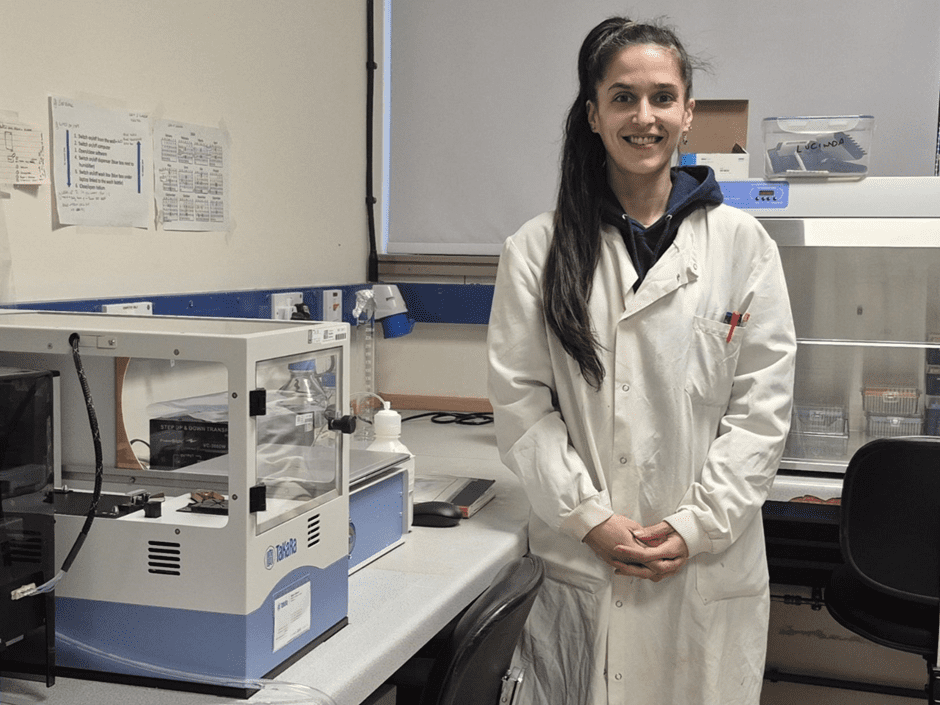A new UK study has found a possible link between pregnant mothers coming into contact with the chemical Bisphenol A and low weight in newborn boys.
Researchers at the University of Manchester have discovered that women exposed to a material commonly found in plastics could experience altered expression of a protein that plays a significant role in foetal development.
The work was first published in the Biology of Reproduction, and is the first to compare the biological effects of Bisphenol A (BPA) – often present in canned food, plastic bottles, food containers, toys and medical equipment – on male and female placental tissue, a powerful indicator of an unborn baby’s health. It is thought 90% of all humans have the substance present in their blood and urine.
Specifically, it was found that Estrogen Related Receptor Gamma (ESSRG), a vital placenta gene and known BPA receptor, was around 50% less abundant in male compared to female tissue after treatments involving the chemical. Scientists now believe this could lead to foetal growth restriction (FGR), a condition that occurs when the placenta is not working well enough to give the baby all nutrients needed to grow normally.
Although the majority of FGR cases lead to a healthy newborn, it has been linked to increased pregnancy complications, with up to 10% of this type of pregnancy needing close monitoring. Meanwhile, babies born with the condition present are at heightened risk of conditions including high blood pressure, coronary artery disease, type 2 diabetes and thyroid disease later in life.
‘For the first time we identify a possible biological mechanism which could explain why Bisphenol A exposure in mothers is linked to foetal growth restriction in some baby boys,’ said Zhiyong Zou, PhD researcher at the University of Manchester and the lead author. ‘Our study of placenta suggest that this abundant chemical found in plastics binds with a gene called ESRRG to interrupt its signalling pathways in male human placentas. That could affect the functioning of a baby’s placenta and consequently, it’s development in the womb… It also opens up the possibility of a therapeutic drug target.’
In related news, microplastic pollution in the world’s oceans will ‘continue to rise for decades’ even if no more plastic is allowed to enter the sea.
Photo by freestocks
















